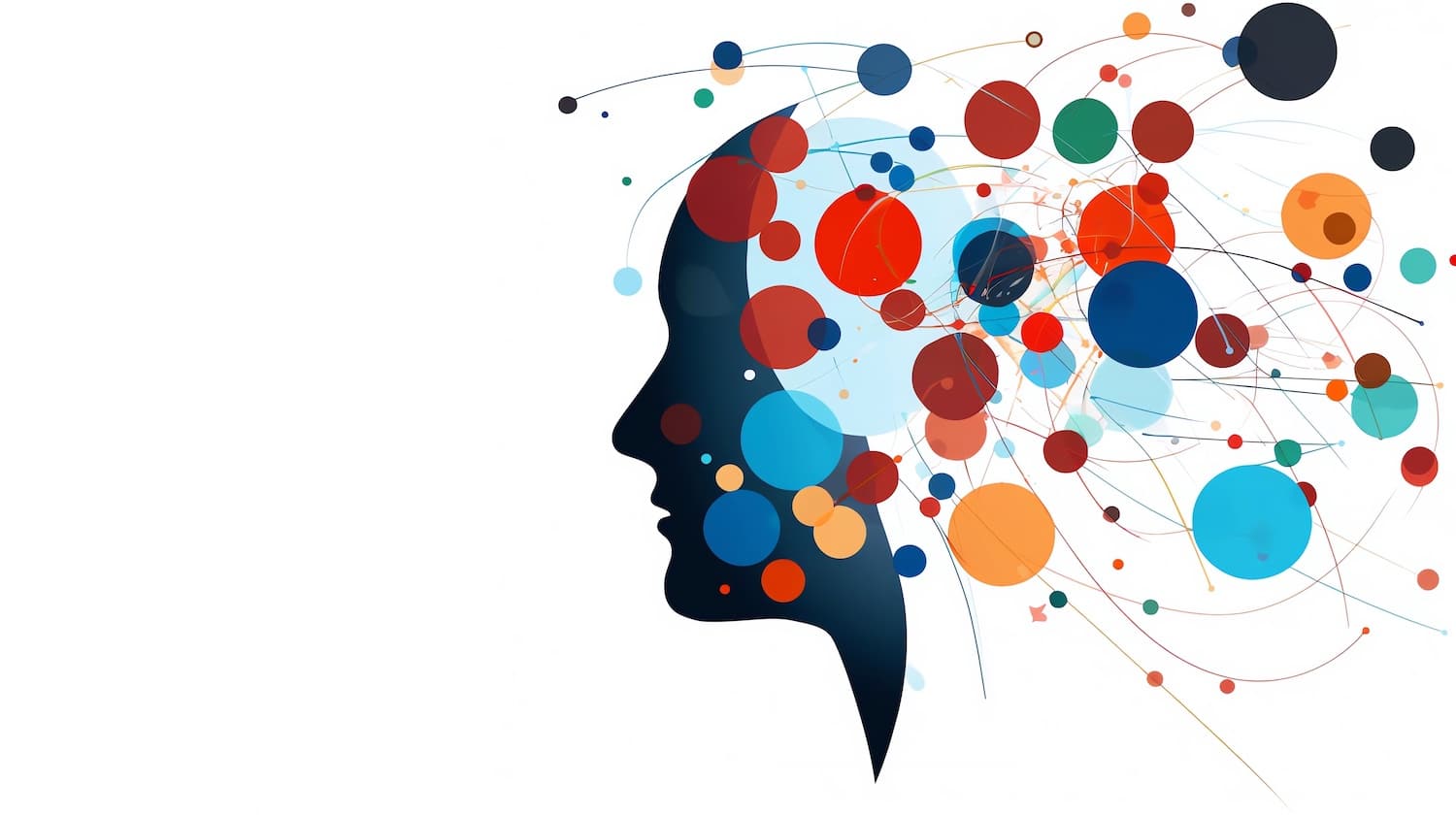As we take time to show honor and gratitude to our Veterans, it is important to not only remember their sacrifices but also to understand the challenges they face once they return home.
Post-Traumatic Stress Disorder (PTSD) can occur after a traumatic situation, and for Veterans that is often after they have seen combat, or been on missions that exposed them to life-threatening experiences. The number of Veterans suffering from PTSD varies by service area:- Operations Iraqi Freedom (OIF) and Enduring Freedom (OEF): 11-20% of Veterans who served in OIF or OEF have PTSD in a given year.
- Gulf War (Desert Storm): 12% of Gulf War Veterans have PTSD in a given year.
- Vietnam War: 30% of Vietnam Veterans have had PTSD in their lifetime.
Many people face traumatic events. However, those who continue to experience symptoms are diagnosed with PTSD. Individuals experience symptoms of PTSD in their own way, but there are four main types:
- Reliving the event or re-experiencing symptoms. Bad memories or nightmares with a feeling or reliving the traumatic event, also known as a flashback.
- Avoiding situations that remind you of the event. Avoiding situations or people that trigger memories of the traumatic event, may even include avoiding talking or thinking about the event.
- Having more negative beliefs and feelings. The way you see yourself and others may change because of the trauma, and may include feelings of guilt or shame or feeling the world is dangerous, and you are unable to trust anyone.
- Feeling keyed up, also called hyperarousal. May include being alert and always on the lookout for danger, or trouble concentrating or sleeping. Sudden irritability or acting in unhealthy ways (like smoking, using drugs and alcohol, or driving recklessly) can be a symptom.
Complicating the diagnosis and assessment of PTSD even further in Veterans are the high rates of mental health disorders, such as anxiety, depression, and substance use disorder. In one study, 25% Veterans returning from Iraq and Afghanistan had symptoms of a mental health disorder and, 25% showed signs of a substance abuse disorder. The Department of Defense has recommended increasing the use of evidence-based prevention and treatment and expanding access to care.
Klay Weaver, Lifeskills South Florida CEO says, “We treat the full continuum of PTSD and other mental health disorders that are often seen in Veterans. On average, many our Veterans suffer from co-occurring issues, such as some form of substance or alcohol abuse with an additional diagnosis of either PTSD, depression, Bipolar Disorder, and anxiety.”
Our trauma-focused, EMDR certified, clinicians, Dr. Lyndsey Karns, PsyD, and Ostin Celestin, LMHC, provide precise, individualized therapies and techniques to address the clinical needs of our Veterans. In addition to individual therapy, we encourage our Veterans to take part in at least 20 hours of groups during the week. Veterans typically participate in either traditional Dialectal Behavior Therapy (DBT) or Chemical Dependency DBT. For our Veterans with substance use disorders, relapse prevention group and recovery based groups are added to their treatment plan. Those suffering from PTSD or some form of trauma are placed in the Trauma Track, which utilizes EMDR as well as group therapy to address and hone in on healing and recovery.
“We are so fortunate to have an excellent relationship with Veterans Affairs social workers and mental health providers. Their feedback and participation in setting treatment goals help us as we design a comprehensive treatment plan to meet the specific needs of our Veterans. Our alignment is vital to successful discharge planning as our Veterans return home,” added Klay.
In addition to expanding access to care, government agencies are also funding research to understand the causes of the mental health problems among Veterans and how to prevent and treat them. Lifeskills South Florida is honored to serve Veterans to help them face these challenges.
As one of the most distinguished addiction treatment centers in the South Florida area, Lifeskills is accredited to treat both mental health disorders and dual diagnosis. We currently offer treatment services in both residential and outpatient settings. We can help you get your life back on track.




